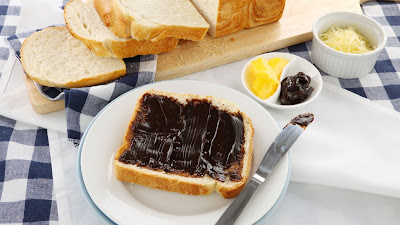Bacillus Coagulans: Used To Prevent Constipation
 |
| Bacillus Coagulans |
Bacillus Coagulans is a probiotic that has
been evident to aid decrease constipation. It also seems to have antimicrobiome
and anti-infectious features. As per NIH, around 2 to 5% of Japanese people
suffer from constipation. Bacteria that can upheaval varied kind of substrates
can be utilized in the production of bio-chemicals and fuel. The enzymes they
produce enhance assimilation of carbohydrates and proteins. This is especially essential
for people who have difficulty engrossing protein from their diet. They can be utilized
in the form of spores or powder. These bacteria can also be used as part of an inflamed
food product. Dissimilar to several other probiotics, Bacillus Coagulans can withstand
acidity and high temperature. Its spores have a huge survival rate through
simulated assimilation in humans. They continue mastication and enzymatic dilapidation
in the mouth, and they pass to the stomach from peristalsis. Once there, they start
to develop and colonize the GI tract.
These bacteria can enhance nutrient
digestibility by engrossing the enzymes protease a-amylase, xylanase, and
lipase. They can also enhance intestinal epithelial growth. The lactic acids generated
by these bacteria can subdue E. coli and Staphylococcus inflammations. They can
also enhance development and enhance feed digestibility in animals by encouraging
the production of endogenous enzymes. The micro-organisms of this bacterium
have been evident to aid cure constipation in elders and children. It can also decrease
the prodromes of IBS. Additionally, it can aid decrease the pH of stools and inhibit
diarrhea. Bacillus
Coagulans is an ideal probiotic, which can be utilized in human health
care and livestock. It can be utilized to enhance feed adaptation, balance
intestinal microbiota and stimulate immunity by controlling immune cell
responses. It also has several industrial features such as high temperature resistivity,
acid resistivity and bile resistance.
Bacillus
Coagulans is
not as generally utilized as lactobacilli, however it provides various benefits
that make it attractive to probiotic producers. It is a spore-making bacteria,
which enables it to resist in food-grade processing situations and harsh surroundings.
Its spores can resist a vast range of pH levels, making it constant in varied
kind of uses applications. It is also very resistive to stomach acids and other
severe environment problems, which makes it unique for varied kind of uses in
the food or pharmaceutical/animal feed industry. It is constant under vast
range of processing and storage problems and can be offered in several kinds, such
as tablets, powders, containers, and fluids. It has been evident to be protective
and efficient while taken orally in dosages of around 6 billion colony-forming
units per day for about 3 months.


%20Treatment%20Market.jpg)
Comments
Post a Comment